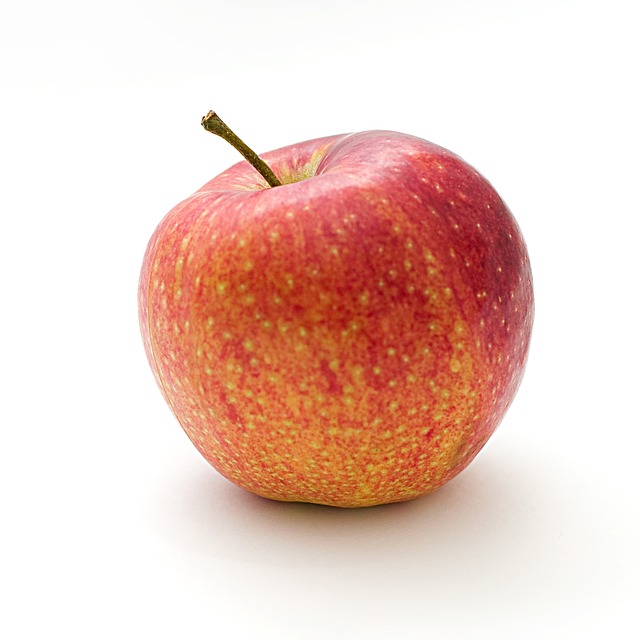Probiotics Demystified: Separating Fact from Fiction
Probiotics have gained significant popularity in recent years, with many touting them as a solution for various health issues. But what exactly are probiotics, and do they live up to the hype? In this blog post, we will delve into the world of probiotics, separating fact from fiction.
Understanding Probiotics
Probiotics are live bacteria and yeasts that are beneficial for our health, especially our digestive system. They are commonly referred to as “good bacteria” and offer a range of potential health benefits. These microbes are naturally present in our bodies and can also be found in certain foods and supplements.
Probiotics work by maintaining a healthy balance of beneficial bacteria in our gut, which is essential for proper digestion and immune function. They can help keep harmful bacteria in check and may reduce the risk of various gastrointestinal problems.
The Benefits of Probiotics
Probiotics have been studied extensively for their potential health benefits. While research is ongoing, here are some of the benefits that have shown promising results:
- Improved Digestive Health: Probiotics may help alleviate digestive issues such as diarrhea, irritable bowel syndrome (IBS), and inflammatory bowel disease (IBD).
- Enhanced Immune Function: They can strengthen the immune system, reducing the risk of infections, allergies, and autoimmune diseases.
- Support for Mental Health: Recent studies suggest a possible link between gut health and mental health. Probiotics may play a role in reducing symptoms of anxiety and depression.
- Prevention of Urinary Tract Infections: Certain strains of probiotics have been found to reduce the occurrence of urinary tract infections, particularly in women.
Choosing the Right Probiotic
With a plethora of probiotic options available in the market, choosing the right one can be overwhelming. Here are a few key factors to consider:
- Strain Diversity: Look for a probiotic supplement that contains multiple strains of bacteria. Each strain may have different benefits, and a diverse combination can have a more significant impact on your health.
- Colony Forming Units (CFUs): CFUs indicate the number of viable bacteria in a probiotic. Higher CFU counts are not necessarily better, as different health conditions may require different concentrations.
- Survivability: Ensure that the probiotic strains are capable of surviving through the acidic environment of the stomach. Look for enteric-coated capsules, which protect the bacteria until they reach the intestines.
It’s always recommended to consult with a healthcare professional or a registered dietitian before starting any new supplement regimen.
Natural Food Sources of Probiotics
If you prefer to incorporate probiotics into your diet naturally, several foods are rich in these beneficial bacteria. Some of the best natural sources of probiotics include:
- Yogurt
- Kefir
- Sauerkraut
- Kimchi
- Miso
- Tempeh
- Kombucha
Adding these foods to your daily diet can support your gut health and provide you with a range of other essential nutrients.
The Importance of Prebiotics
While it is crucial to include probiotics in our diet, it is equally important to consume prebiotics. Prebiotics are non-digestible fibers that serve as food for the good bacteria in our gut. They can be found in various fruits, vegetables, whole grains, and legumes.
By incorporating prebiotic-rich foods into our diet, we promote the growth and activity of probiotics in our gut, thus enhancing their effectiveness. It’s all about creating a balanced and nourishing environment for beneficial bacteria to thrive.
Conclusion
Probiotics offer numerous potential health benefits, particularly for digestive health and immune function. Incorporating probiotic-rich foods or supplements into your diet can be a valuable addition to a healthy lifestyle. Remember to choose a quality probiotic, consider strain diversity and survivability, and consult a healthcare professional for personalized advice.







